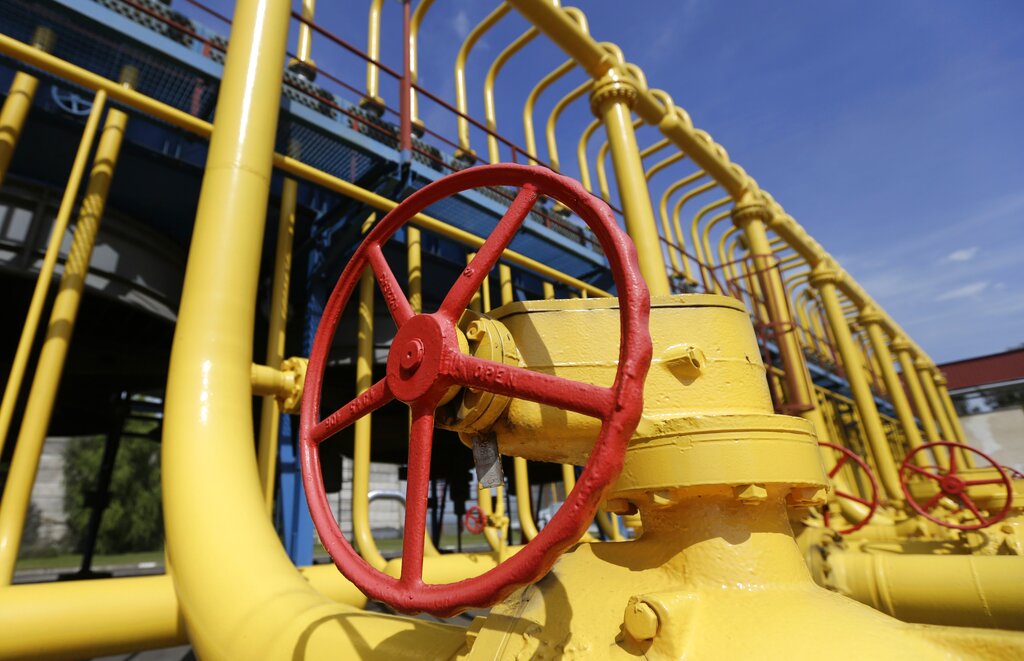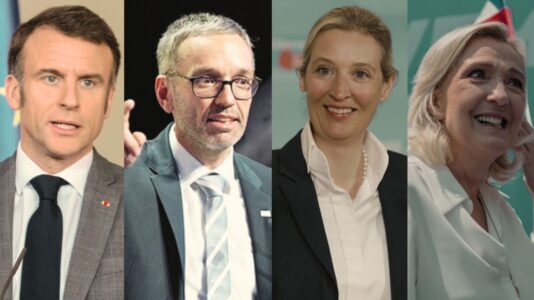Thanks to Central European countries, Germany has been forced to abolish its extra charge on gas transit, economic policy analyst Olivér Hortay said in a video posted on his social networking site.
The head of Századvég’s climate and energy policy division recalled that the German government formally introduced the measure in 2022 to ensure that it would be able to fill its storage facilities even during a time when high gas prices were squeezing European countries.
The expert said that this was already unfair at the time, as the charge was being used to pass on the costs of the trade conflict with Russia to countries that had no control over it. Moreover, the German government put political pressure on the countries concerned to get rid of Russian gas as soon as possible, i.e., to buy more gas through Germany at a lower price, in order to increase the extra revenue from the fee.
Then, more than a year passed, energy prices corrected and supply risks eased, but the Germans still decided to extend the tariff and increase the rate.
“After lengthy discussions, Austria, Slovakia, the Czech Republic, and Hungary finally managed to get the Germans to phase out the tariff,” said Hortay, the head of Századvég’s business.
He also added that “the lesson of the case is that Central European countries can counter the position of the core states and effectively represent their interests. They just need to get their act together and stand their ground.”






